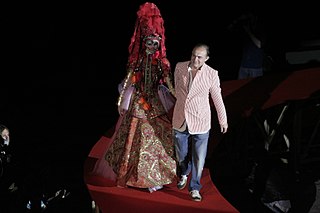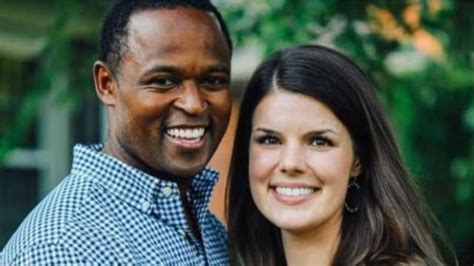A Quote by Claude Levi-Strauss
How can my old photographs fail to create in me a feeling of emptiness and sorrow? They make me acutely aware that this second deprivation will be final this time.
Related Quotes
Working with artists and other poets has made me aware that there was a bigger "me" that I hadn't been quite aware of. Plus we had a good time. It's so much fun to write, for example, with a big brush on a giant piece of paper and to help create visually attractive and surprising objects, which is not what you normally do when you're writing a poem. It's wonderful to create these pieces with artists.
For in grief nothing "stays put." One keeps on emerging from a phase, but it always recurs. Round and round. Everything repeats. Am I going in circles, or dare I hope I am on a spiral? But if a spiral, am I going up or down it? How often -- will it be for always? -- how often will the vast emptiness astonish me like a complete novelty and make me say, "I never realized my loss till this moment"? The same leg is cut off time after time.
Writing stretches me to my limits and affirms my potential, all while making me aware of my flaws, my mortality, and how much more I have to learn. It's a singular feeling, both spiritual and corporeal, and I like to think it sparks the same inspiration and curiosity in a child that it does in an old man.
And when your sorrow is comforted (time soothes all sorrows) you will be content that you have known me. You will always be my friend. You will want to laugh with me. And you will sometimes open your window, so, for that pleasure . . . And your friends will be properly astonished to see you laughing as you look up at the sky! Then you will say to them, 'Yes, the stars always make me laugh!' And they will think you are crazy. It will be a very shabby trick that I shall have played on you.
The black experience, which has nothing to do with my play 'Angels in America,' allowed me to understand the Mormon character. He was the character that couldn't come out to his mother. It allowed me to understand emotional and closeted behavior, because you're so acutely aware of how you're perceived.
If you expect anything out of love, or meditation, you will get only frustration, and negative emptiness will happen. If you love for the sheer joy of it, if you meditate for the sheer delight of it and you don`t have any result in mind - you are not goal-oriented - then there comes an emptiness which is positive. You start feeling full. You start feeling, for the first time, that you ARE. Being is felt, and that being is tremendously beautiful, blissful. It is SATCHITANANDA: it is existence, it is consciousness, it is bliss.
To be brutally honest, for much of that time, I was the only person in the world with Parkinson's. Of course, I mean that in the abstract. I had become acutely aware of people around me who appears to have the symptoms of Parkinson's disease, but as long as they didn't identify with me, I was in no rush to identify with them. My situation allowed, if not complete denial, at least a thick padding of insulation.
"When you accept your life - when you take your breakfast, and when you sleep and when you walk and when you take your bath - how can you create an ego out of these things? Sleeping when feeling sleepy, eating when feeling hungry, how can you create your ego? No, if you fast, you can create ego. If you are on a vigilance for the whole night, and you say, "I am not going to sleep," you can create the ego. By the morning, the person who has slept well will have no ego, you will have a great ego."



































